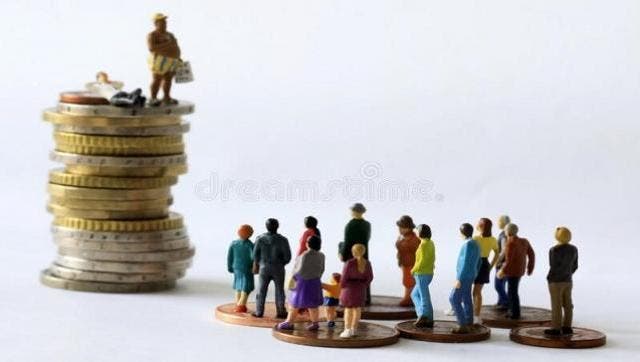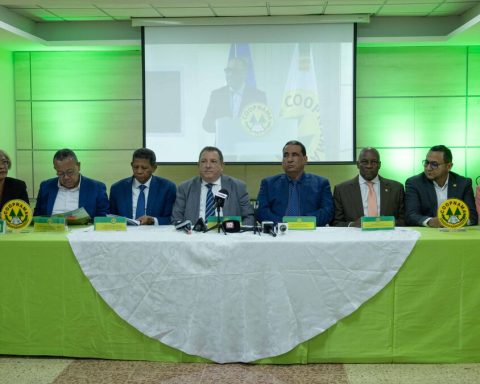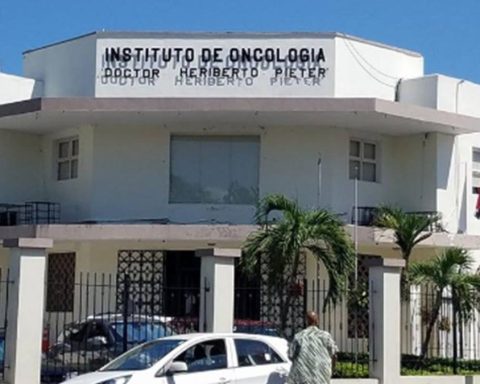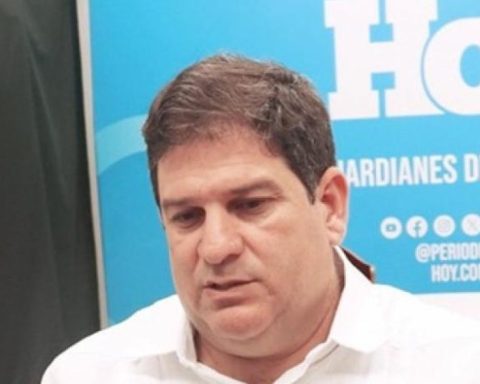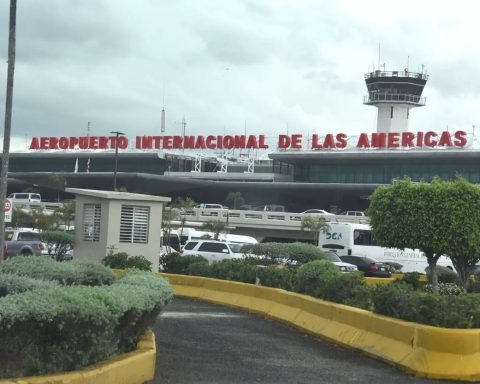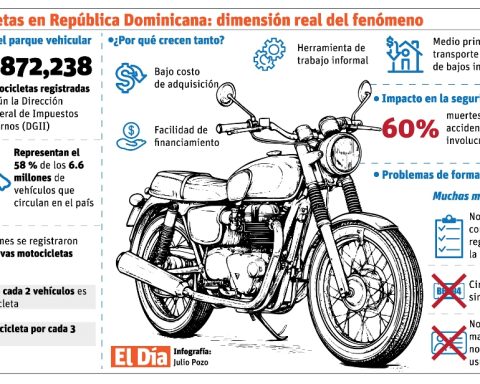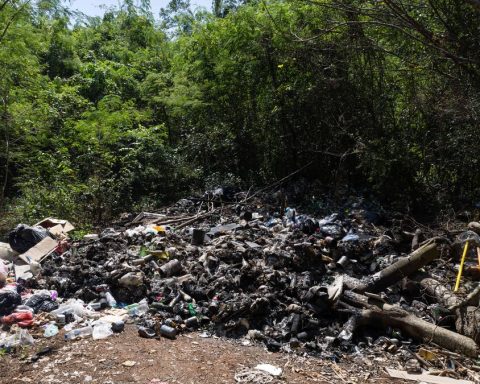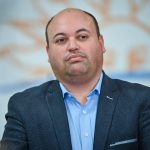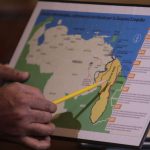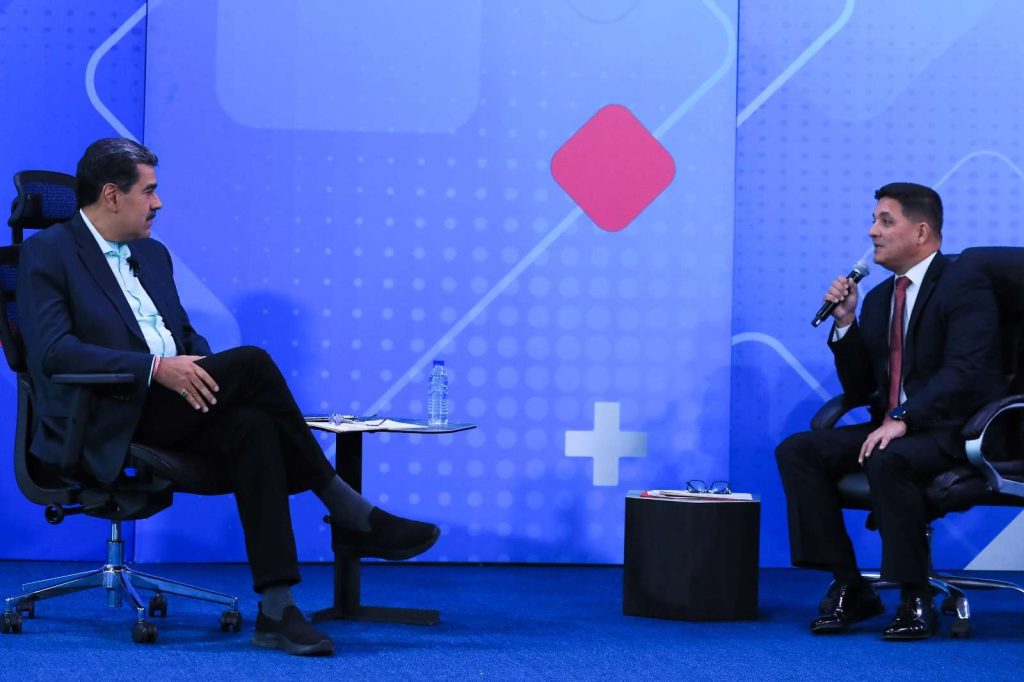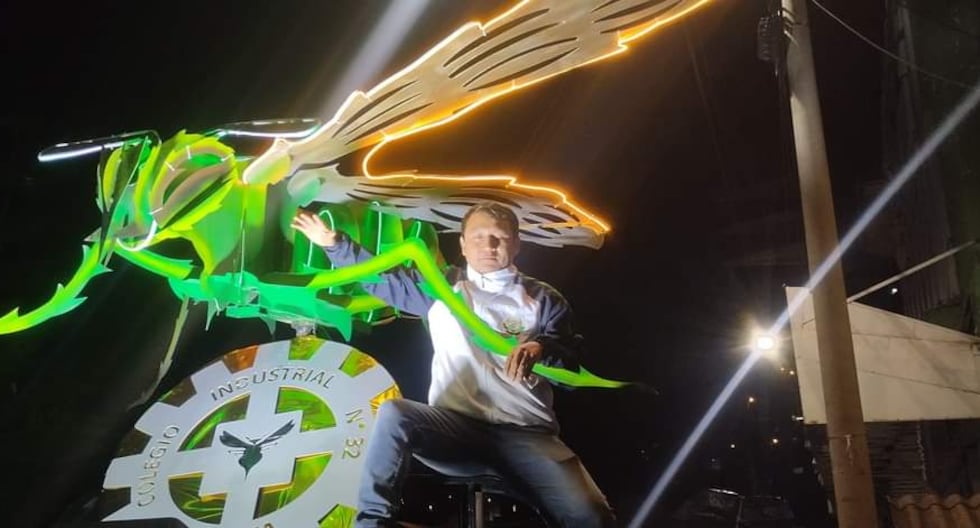The richest 1 percent of the population owns more wealth than the rest of the world’s population, according to a report on economic inequality published this Monday by the NGO Oxfam Intermón published in the framework of the United Nations General Assembly.
Besides, Oxfam He stressed that The influence of billionaires on the economy has skyrocketedas more than a third of the world’s 50 largest companies have a billionaire as their CEO or major shareholder.
The Oxfam Intermón report also warns that global efforts to respond to the planet’s greatest challenges, such as climate crisis or persistent levels of poverty and inequality, are being “threatened” by the concentration of power in the hands of the ultra-rich and mega-corporations.
This hyper-concentration of power and wealth, the report argues, “fuels” inequality both within and between countries. Indeed, despite representing 79% of the world’s population, countries in the global South account for only 31% of global wealth.
The report describes how there is a “steepening global oligarchy” in which the ultra-rich – often at the head of companies with enormous market power – influence political decision-making and the rules of the game.
“While they are getting richer, progress towards greater global progress is being slowed down,” states the Oxfam Intermón report.
On the other hand, the report draws attention to the fact that two multinationals own 40% of the world seed market and the three largest US fund managers (BlackRock, State Street and Vanguard) manage $20 trillion in assets, nearly one-fifth of all investment assets worldwide.
Three examples of abuse of power
Oxfam Intermón cites three examples to show how the abuse of power is being put into practice, undermining multilateral progress.
In his view, large corporations are violating international tax cooperation, large pharmaceutical companies are resisting attempts to dismantle monopolies on Covid-19 vaccine technologies, and private creditors are aggravating the global crisis.
Regarding this last example, Oxfam Intermon points out that low-income countries spend almost 40% of their annual budgets on debt service, which is 60% more than what they spend together on spending on education, health and social protection.
More than half of the external debt of low- and middle-income countries is owed to private lenders such as banks or hedge funds, he added.
Some of these creditors are “vulture funds”, who buy debt in contexts of over-indebtedness at a low price, and «explode» legal mechanisms to receive payment in full, reaping huge benefits at the countries’ expense.
Continue reading:
Finjus suggests that new elections should be called in La Vega
